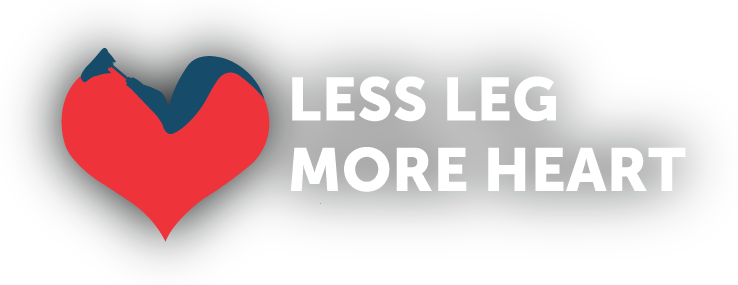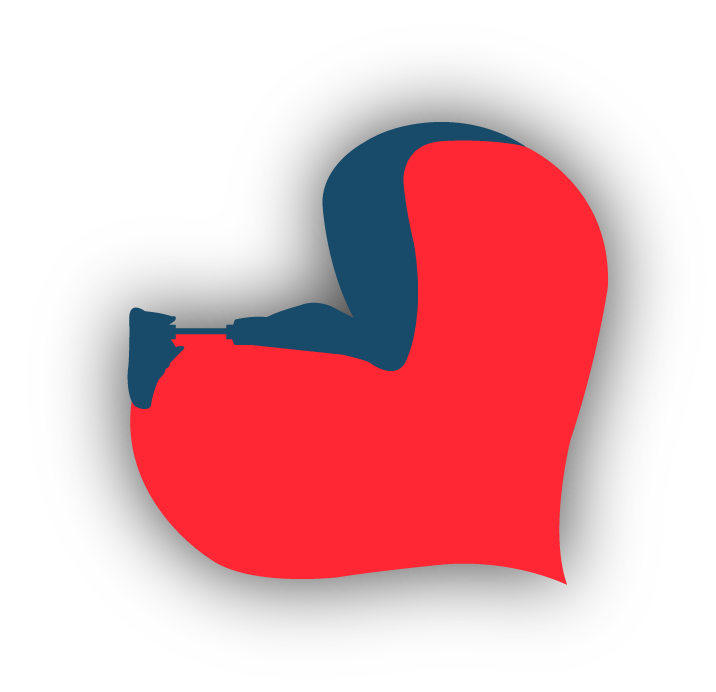
Limb Loss & Amputee Resources
A Comprehensive Resource for Understanding, Support, and Advocacy for Individuals and Families Affected by Limb Loss
Introduction to Limb Loss
Limb loss is a profound challenge affecting approximately 2.1 million individuals across the United States. It transcends physical boundaries, impacting the emotional and socio-economic aspects of life for those affected. With various causes ranging from vascular diseases and trauma to cancer and congenital deficiencies, understanding and addressing limb loss is crucial for fostering a supportive and inclusive society.
About Limb Loss
Limb loss affects approximately 2.1 million people in the United States, with vascular diseases, trauma, cancer, and congenital deficiencies being the leading causes. Among these, diabetes plays a significant role, leading to around 73,000 lower-limb amputations annually. Veterans are also at a higher risk, with over 1,600 having suffered major amputations from combat-related injuries between 2001 and 2018. The impact of limb loss extends beyond the physical to encompass emotional and socio-economic challenges, affecting mobility, independence, employment, mental health, and social participation. Prosthetic devices are used by about 1.9 million Americans to improve mobility and quality of life, highlighting the importance of access to quality prosthetic care and rehabilitation services. The healthcare costs for individuals with limb loss are substantial, potentially exceeding $500,000 over a lifetime, emphasizing the need for increased awareness, support, and advocacy. Limb Loss Awareness Month is a critical time for promoting inclusion and improving healthcare services and outcomes for those living with limb loss or limb differences.
Limb Loss & Amputee Resources
Limb Loss Education Toolkit - A comprehensive resource provided by the Amputee Coalition covering various aspects of limb loss, including causes, prevention, rehabilitation, and support.
Preventing Amputation in Diabetes - Article by Diabetes UK discussing strategies for preventing amputation in individuals with diabetes through proper foot care, blood sugar management, and early intervention.
Traumatic Limb Loss: Overview and Rehabilitation - A scholarly article published in the Journal of Rehabilitation Research & Development providing insights into traumatic limb loss, rehabilitation strategies, and prosthetic interventions.
The Evolution of Prosthetic Leg Technology
Typical amputation processes don't take into account our ability to sense the world around us. Now, a team of researchers and doctors is working to address this problem.
Video Resources
My 12 pairs of legs
Athlete, actor and activist Aimee Mullins talks about her prosthetic legs -- she's got a dozen amazing pairs -- and the superpowers they grant her: speed, beauty, an extra 6 inches of height ... Quite simply, she redefines what the body can be.
Ask the Experts: Neuropathy and PAD: Minimizing the Risks of Amputation
Ask the Experts event to learn how to reduce your risk of heart disease, stroke, and kidney disease when living with type 2 diabetes. Find more helpful resources on the Know Diabetes by Heart website: knowdiabetesbyheart.org.
Heart to Heart
Virtual monthly Zoom group meeting for amputees on the 2nd Thursday of each month at 6 PM EST hosted by Less Leg More Heart founder Christina Hurley.
Veterans Affairs (VA) Hospitals
VA hospitals provide comprehensive healthcare services, including prosthetic and rehabilitation services, for eligible veterans with service-related limb loss or limb differences. VA hospitals may also offer support groups and counseling services for veterans and their families.
Support Services
Amputee Coalition
The Amputee Coalition offers a variety of support services, including peer mentoring programs, support groups, educational resources, and advocacy initiatives for individuals living with limb loss and their families.
Online Support Communities
There are numerous online support communities and forums specifically for individuals with limb loss and their families. These communities provide a platform for sharing experiences, offering support, and connecting with others facing similar challenges. Websites such as Reddit's r/amputee or Inspire's Limb Loss Community are examples of such platforms.
National Association for the Advancement of Orthotics and Prosthetics (NAAOP)
NAAOP provides resources and advocacy for individuals with limb loss or limb differences, including information on prosthetic devices, reimbursement, and legislative issues.
Local Support Groups
Many communities have local support groups for individuals with limb loss and their families. These groups may meet regularly to provide peer support, share resources, and participate in recreational activities or educational events.
Amputee Coalition Advocacy Center
The Amputee Coalition's Advocacy Center provides resources and tools for advocating at the local, state, and federal levels for policies that support individuals with limb loss and limb differences. It offers guidance on legislative issues, advocacy campaigns, and ways to get involved in shaping healthcare policies.
Disabled American Veterans (DAV)
DAV is an organization dedicated to empowering disabled veterans and their families through advocacy, support, and service programs. DAV advocates for policies that improve access to healthcare, disability benefits, prosthetic care, and other services for veterans with limb loss or limb differences.
National Council on Independent Living (NCIL)
NCIL is a grassroots organization that advocates for the rights and empowerment of individuals with disabilities, including those with limb loss or limb differences. NCIL engages in policy advocacy, legislative action, and community organizing to promote independence, inclusion, and accessibility for people with disabilities.
American Orthotic & Prosthetic Association (AOPA)
AOPA is a professional organization representing orthotic and prosthetic practitioners, manufacturers, and suppliers. AOPA advocates for policies that ensure access to quality orthotic and prosthetic care, reimbursement for services, and improved outcomes for individuals with limb loss or limb differences.
Centers for Independent Living (CILs)
Centers for Independent Living (CILs) provide advocacy, resources, and support services to individuals with disabilities, including those with limb loss or limb differences. CILs often engage in advocacy efforts to promote policy changes that enhance independence, accessibility, and inclusion for people with disabilities
Disability Rights Organizations
Various disability rights organizations, such as the Disability Rights Education & Defense Fund (DREDF), National Disability Rights Network (NDRN), and Disability Rights Advocates (DRA), work to protect and advance the rights of individuals with disabilities, including those with limb loss or limb differences. These organizations often engage in policy advocacy, litigation, and public education to promote systemic change and social justice.
Less Leg More Heart Resources
Join Our Community

Make a Difference Today: Support Our Heroes on Their Journey
Your generosity empowers individuals facing limb loss to overcome challenges and embrace life's possibilities. Every contribution brings hope, support, and innovation closer to those in need. Join us in transforming lives, one donation at a time.

















